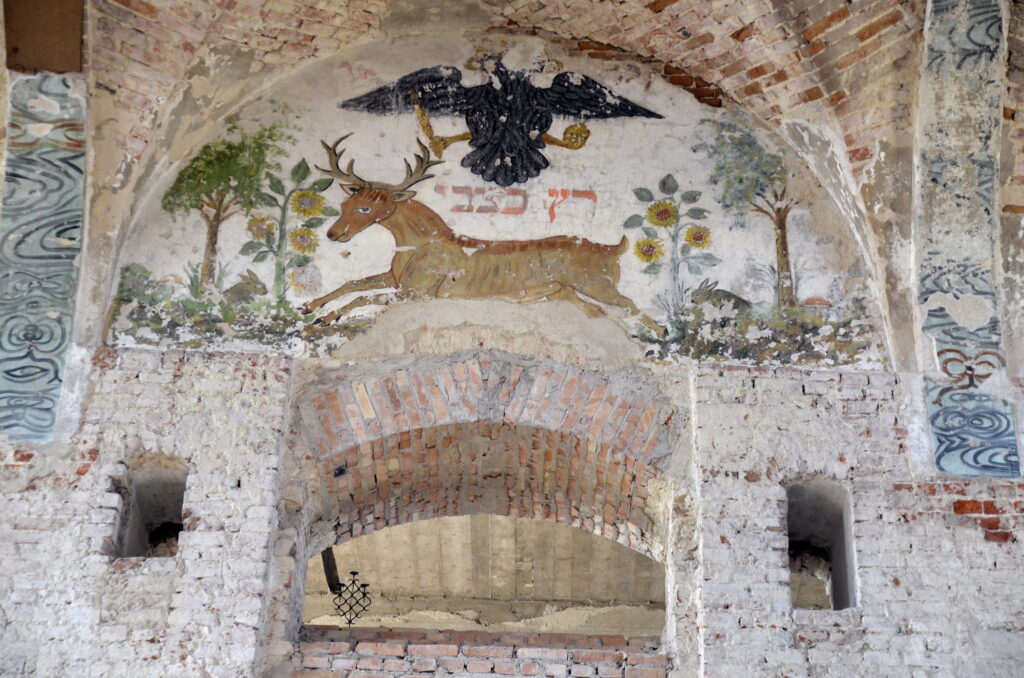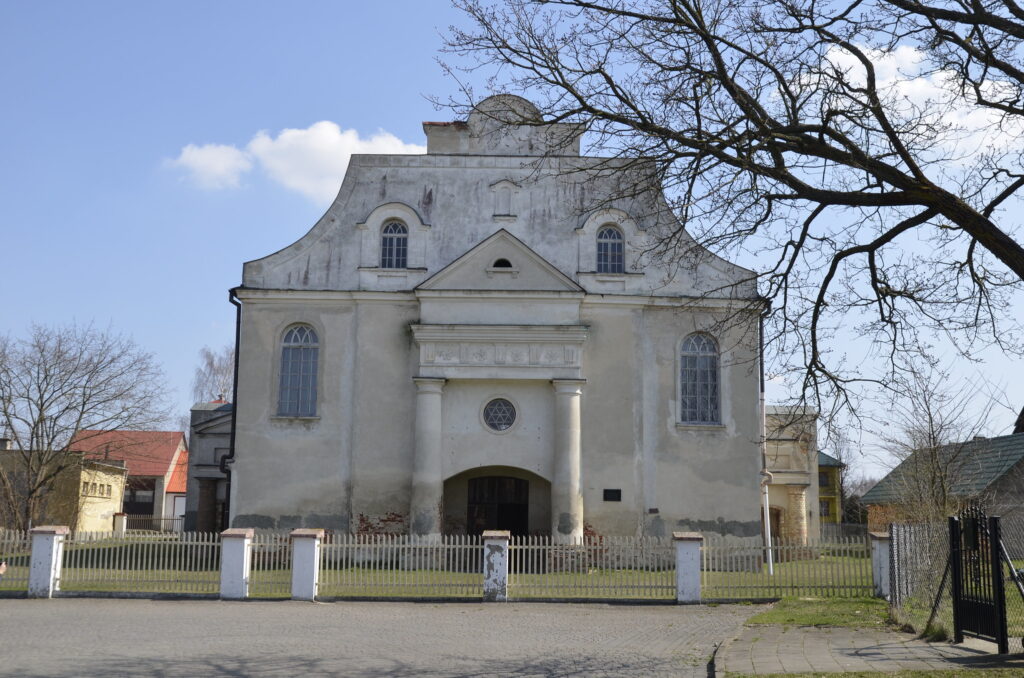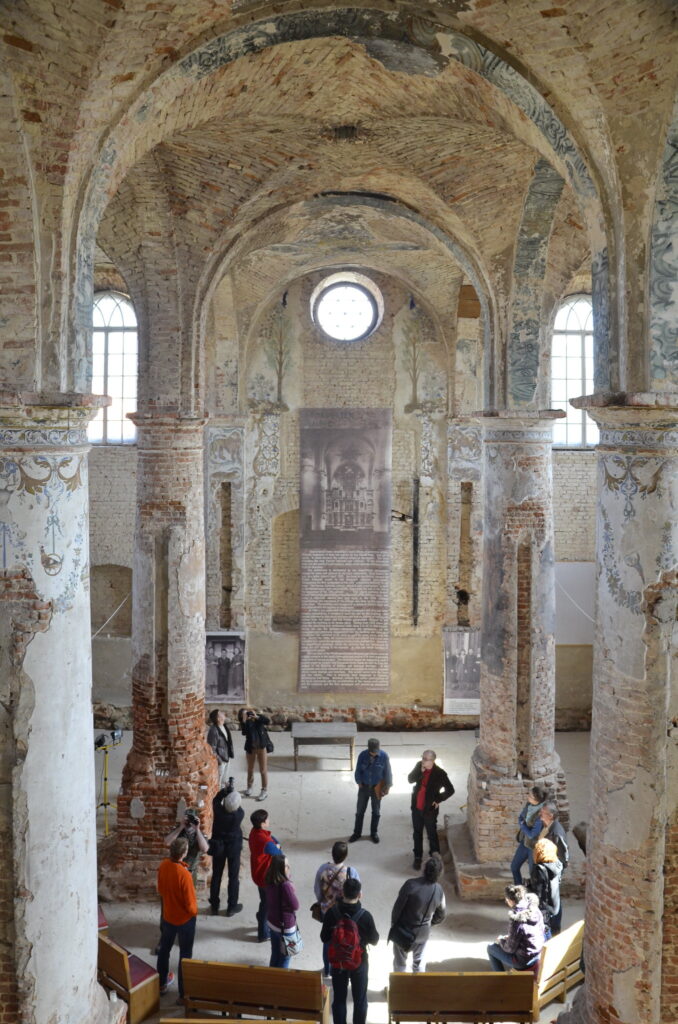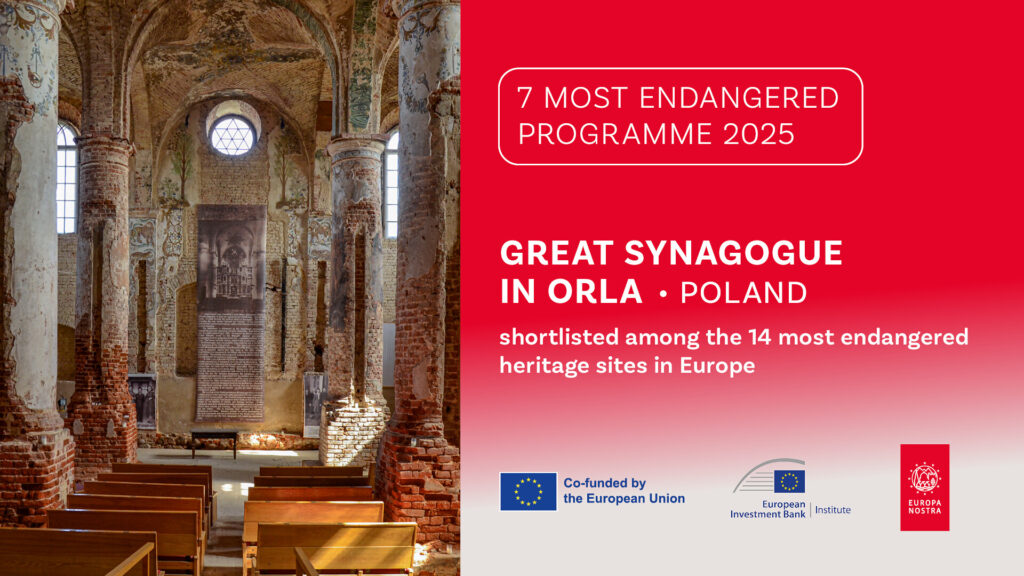We use cookies to help you navigate efficiently and perform certain functions. You will find detailed information about all cookies under each consent category below.
The cookies that are categorized as "Necessary" are stored on your browser as they are essential for enabling the basic functionalities of the site. ...
Necessary cookies are required to enable the basic features of this site, such as providing secure log-in or adjusting your consent preferences. These cookies do not store any personally identifiable data.
Functional cookies help perform certain functionalities like sharing the content of the website on social media platforms, collecting feedback, and other third-party features.
Analytical cookies are used to understand how visitors interact with the website. These cookies help provide information on metrics such as the number of visitors, bounce rate, traffic source, etc.
Performance cookies are used to understand and analyze the key performance indexes of the website which helps in delivering a better user experience for the visitors.
Advertisement cookies are used to provide visitors with customized advertisements based on the pages you visited previously and to analyze the effectiveness of the ad campaigns.
On 18 March 2025, Europa Nostra and the European Investment Bank (EIB) published the list of 7 most endangered cultural heritage sites in Europe, which includes the Great Synagogue in Orla. This initiative is an important effort to save the endangered heritage of our continent, providing communication, expert, and financial support for the protection of exceptional monuments. The EIB grant for each laureate of the 7 Most Endangered Programme amounts to €10,000.
The Great Synagogue in Orla is a symbol of impressive energy, unity, and grassroots initiatives from the Polish, Belarusian, and Ukrainian communities – emphasises the organisation Future of Religious Heritage (FRH), which submitted the nomination for this monument.



Fot. Krzysztof Bielawski
Alongside the synagogue, the list includes: the Monastery and Settlement of Arakelots in Armenia, Nyborg Castle in Denmark, Monemvasia Castle in Greece, the General Staff Complex in Serbia, the Valhalla Swimming Hall in Sweden, and Victoria Tower Gardens in the United Kingdom.
Built in the 17th century, the Great Synagogue in Orla is a treasure of Jewish heritage in Poland and a testament to the rich history of the local Jewish community in the region. Although its interiors suffered during World War II, exceptional polychromes and architectural features, such as the four columns surrounding the bima, have survived. The synagogue symbolises the complex history of Jewish heritage in Poland and the need for its protection.
Our heritage and culture play a crucial role in building more sustainable, integrated, and democratic communities – stated Guy Clausse, Vice-President of Europa Nostra, during yesterday’s event.
Shiva Dustdar, Head and Director of the European Investment Bank Institute, highlighted another significant goal of the programme and the importance of “thinking about the past for the future” Heritage protection is an investment in our cultural, social, and economic fabric, Dustdar underlined.
The Great Synagogue in Orla stands on the brink of restoration as a centre for culture and education, which will serve as a lasting testament to the history and potential of contemporary Poland in protecting Jewish heritage in the country. Including this monument on the list of the 7 most endangered cultural heritage sites in Europe for 2025 will undoubtedly intensify this process.
For more information on previous editions of the 7 Most Endangered Programme, visit the Europa Nostra website. We also encourage you to listen to the premiere episode of our “Heritage Hour” podcast, which delves into the history of the Great Synagogue in Orla and the topic of Jewish heritage protection in Poland: link.
